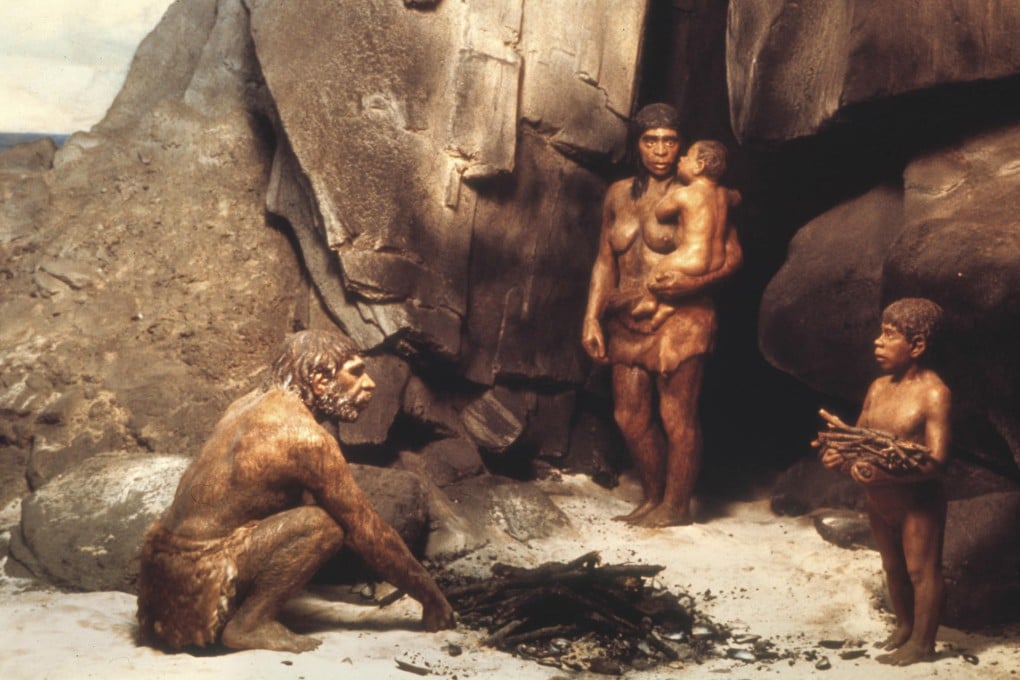Neanderthals ate plants, not just meat, study of oldest human faeces suggests
Contrary to long-held view, new study says Neanderthals atemore than just meat

As gross as it sounds, samples of the world's oldest known human faeces are offering scientists new insight into the gastronomic behaviour of our extinct, meat-loving cousins, the Neanderthals.
In a study published in the journal PLOS One, researchers say an analysis of 50,000-year-old coprolites discovered in Spain suggests Neanderthals supplemented their carnivorous diet with a "significant" amount of vegetation.
The study is the latest to argue against the long-held view that Neanderthals ate large, land-roaming herbivores exclusively and ignored plants and fish.
Last year, another group of researchers examined the tartar on Neanderthal teeth and concluded it showed evidence of plant consumption.
In this latest study, researchers scraped faeces remnants from the floor of Neanderthal living areas at the El Salt archaeological site in Alicante, Spain, and tested for specific biomarkers.
Using gas chromatography-mass spectrometry, researchers studied the powdered samples for traces of stanols and sterols, lipids that are formed in the intestines when gut bacteria acts on plant and animal matter.